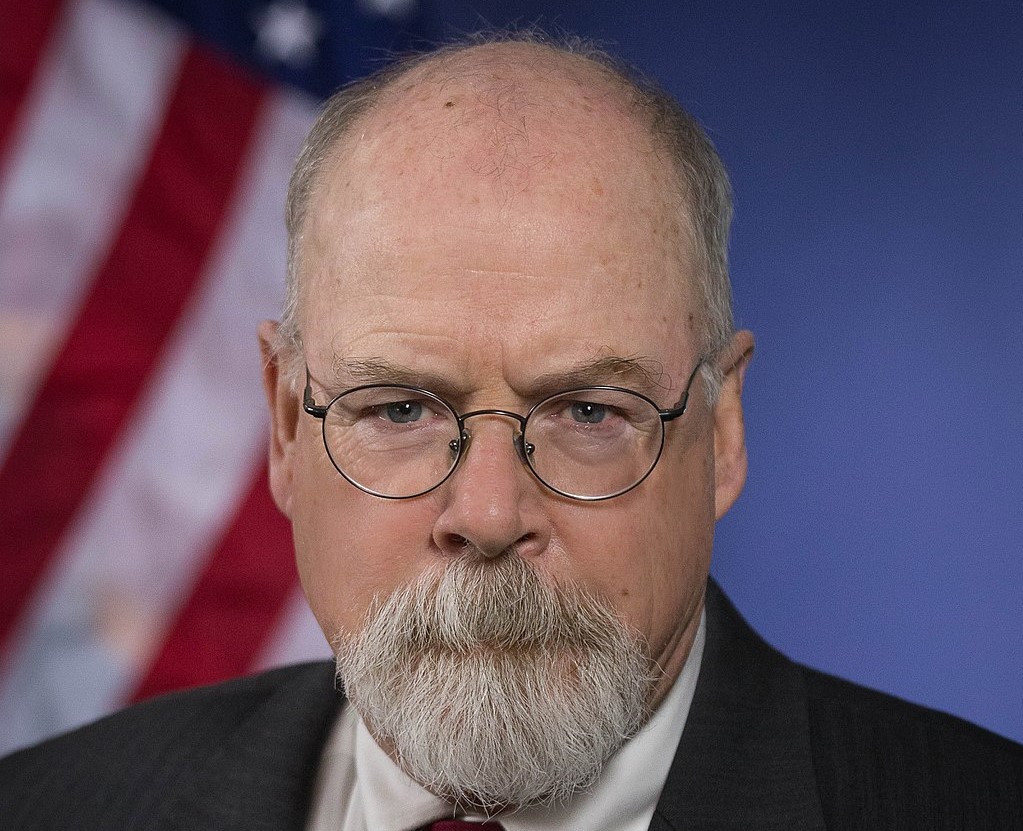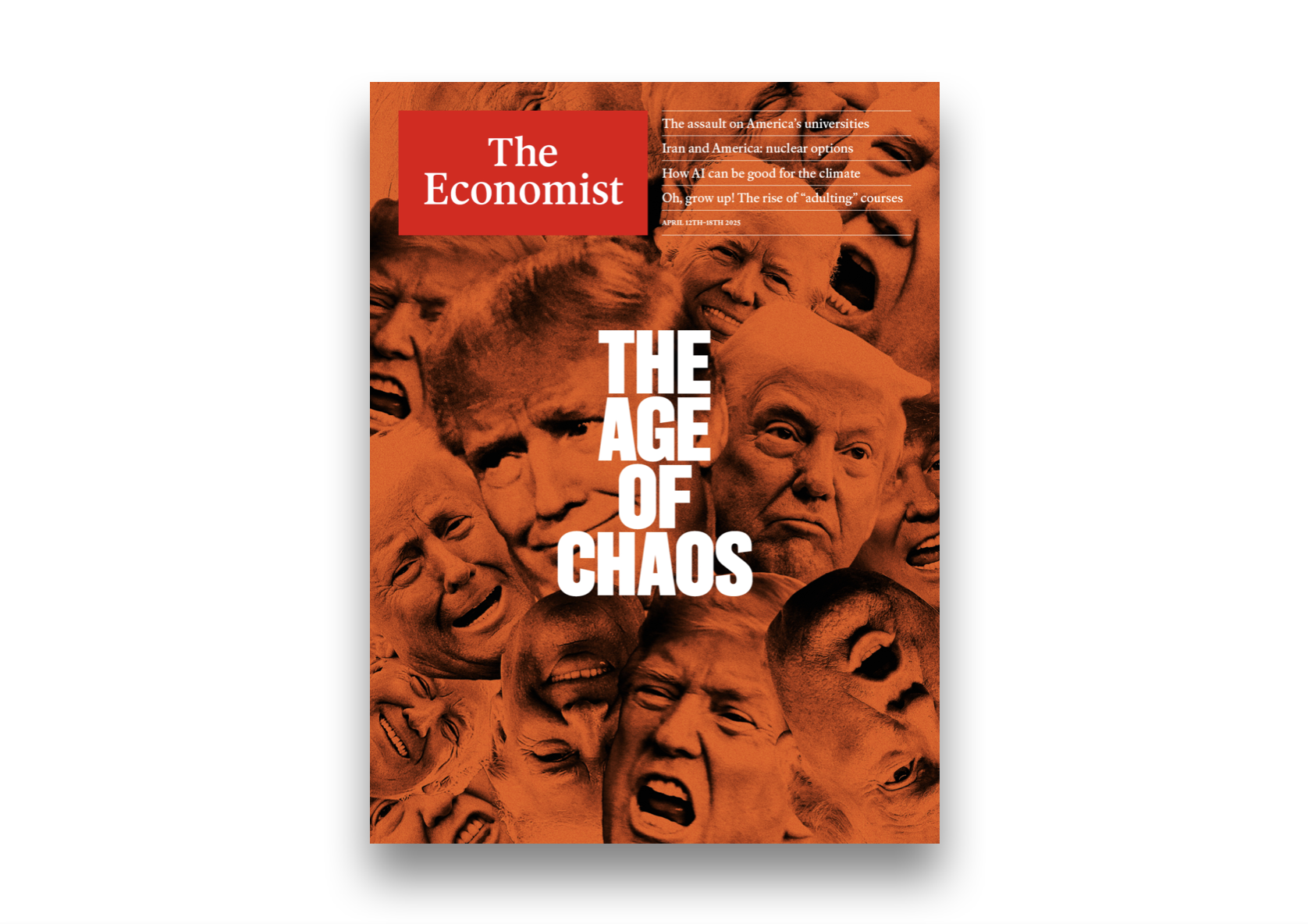The month of May won’t be a merry one for Michael Sussmann, one of Hillary Clinton’s top lawyers at her favorite election law firm Perkins Coie, who is facing a criminal charge of lying to the FBI when he passed information to the Bureau’s general counsel, James Baker. Sussman stated explicitly that he was acting as a “good citizen,” not as a lawyer for Trump’s election opponents.
Wink, wink. Nudge, nudge.
The tip was false. It described a secret, traitorous back-channel connection between candidate Trump and the Kremlin and included some “white papers” as “proof.” But that deceit is not part of this criminal charge. Nor is Sussmann’s follow-up meeting with the CIA, where he also claimed to be a “good citizen” not representing anyone, and passed on the same false information, amplifying it with still more data about a secret Russian phone that was always near Trump. The CIA quickly determined the internet data was bogus and perhaps created by Hillary’s anti-Trump group. It also recognized that crucial data had been omitted to create a false impression and perhaps that some of the data had been made up or spoofed.
But again, Sussmann is not being charged with that, at least not yet. Nor is he being charged with participating in a broader criminal conspiracy. Some filings by Special Counsel John Durham suggest he may be preparing such charges against Clinton’s larger network of hoaxers, but he hasn’t leveled those charges yet. He’s going after Sussmann first.
Although a single count of lying to the FBI might seem like a relatively minor charge, Durham is pursuing it for three important reasons. First, a false statement to the FBI is a felony in its own right, or, rather, it is if the statement “materially affected” a federal investigation. Second, Durham seems to have rock-solid evidence. More on that in a minute. Third, if Sussmann goes down, he will have powerful incentives to help Durham nail even bigger players and perhaps help take down the conspiracy in which they jointly participated. After all, Sussmann was close to the epicenter of the Trump-Russia collusion hoax. He must know a lot about how it was planned and executed, who was directly involved, who knew about it, who paid for it, and how it all worked.
Sussmann has that inside information because he not only represented key figures in the scandal, he was a senior figure on the election law team at Perkins Coie, the elite firm representing “Hillary for America” and the Democratic National Committee. That practice was headed by the Democrats’ longtime lawyer and consigliere, Marc Elias. (Elias left Perkins Coie last year to start his own firm, just as his old firm began cooperating with Durham. Sussmann left Perkins Coie a little later, after his indictment.)
If Sussmann’s conviction would be a big prize for Durham, Elias would be a far bigger one. Sussmann’s testimony could help with that and supplement the documentation Durham has already assembled on multiple participants in the hoax.
Those larger implications are why the stakes are so high for Sussmann’s upcoming trial. They are also why everyone even marginally connected with the Russia collusion hoax is fighting so tenaciously to hide their emails and text messages from the trial jury. Some claim their emails are not connected to the crime that Sussmann is charged with. Even more important is their claim that the messages are covered by “attorney-client” privilege. But are they? Durham says “no,” and has submitted extensive responses to the judge rebutting those claims. The court will decide after reading the messages privately.
Attorney-client confidentiality is essential to our legal system and deserves strong protection. But courts have ruled that some communications with lawyers are not protected by that privilege. There is no protection, for instance, if you ask an attorney to participate in a crime. (Durham has not alleged that.) There is no protection if you ask an attorney to perform non-legal services, such as buying a political advertisement.
That exception is crucial here because Hillary’s team used Perkins Coie to hire an opposition-research outfit, FusionGPS, which was tasked with finding dirt on Donald Trump (or, some say, to make it up). FusionGPS, in turn, hired former British spy, Christopher Steele, to produce his infamous (and false) dossier on Trump. Oppo-research is not covered by attorney-client privilege, even when a lawyer pays the bills, unless it is directly related to legal services. The Clinton campaign has already been called out on that regarding FusionGPS. The Federal Election Commission fined the campaign for claiming its expenses for opposition research were “legal expenses” since they were funneled through Perkins Coie.
Sussmann, Elias, and others are trying the same ploy for the upcoming trial, claiming work by FusionGPS was somehow related to potential litigation. Pinocchio’s nose grew longer just hearing that silly argument. The owners of FusionGPS wrote a popular book in which they said, quite openly, that they were doing opposition research. They’d been told to find dirt on Trump. They didn’t mention any “legal services.” Elias confirmed that point in congressional hearings. Asked directly if FusionGPS and Christopher Steele were doing legal work for him, he said, “no.”
These vigorous efforts to hide communications tell us something important. They point to hidden evidence that the claimants were involved in a well-planned, well-financed, and multi-pronged effort to create a false narrative that Donald Trump was secretly working with the Kremlin to win the presidency. If the FBI or CIA was willing to launch a full-scale investigation, then the Clinton team would leak that to the media, ideally in the weeks before the 2016 election. The Democrats continued that effort after Trump’s election to hobble his effectiveness in office.
Federal district Judge Christopher Cooper is now examining these private communications to determine if Durham can use them or if they are excluded, either because of attorney-client privilege or because they are irrelevant to the crime Sussmann is charged with.
What’s Sussmann’s defense against the charge he lied? That’s changed. His first stab was “I didn’t lie because I never told Baker I was just a good citizen without a client.” He must have thought, “There were just two of us in the room, so it’s my word against his.” That strategy collapsed after Baker recovered a text message from Sussmann, sent the day before the meeting, saying specifically that he (Sussmann) had no client and was just coming as a good American to give the FBI valuable information. (Sussmann’s attorney is trying to exclude that message from the trial, saying it was disclosed to them too recently.) Besides the text message, Baker told colleagues, immediately after the meeting, that Sussmann said he wasn’t representing anyone. Moreover, we know Sussmann billed at least one client, Rodney Joffe, for his work on this specific matter and was representing him and others on the Trump collusion gambit.
Joffe is an important figure here. He’s a well-connected computer expert who worked closely with Clinton’s team and expected to be named her administration’s cyber-security czar. Now, he faces significant legal exposure since he had highly secret access to the White House computer network, shared some of that information with cyber experts at Georgia Tech, and allegedly tried to use that data to create the false implication that Trump was electronically connected to key Russian sources, including Alfa Bank. Joffe’s narrative is what Sussmann allegedly passed along to the FBI and later the CIA.
Several of Sussmann’s clients and others associated with Hillary’s campaign have asserted attorney-client privilege to keep their communications out of the trial. But Durham laid a trap around those claims, and it’s a dangerous one for Sussmann. By even claiming that privilege, Joffe, Hillary for America, and others are directly contradicting Sussmann’s crucial position that he wasn’t representing anyone when he met with the FBI and gave them (false) information about Trump-Russia collusion.
Since Sussmann’s “I never said that” defense is likely to fail, he seems to be relying on a backup plan. “Okay, I may have lied but it didn’t really matter.” The legal point here is that it is only a crime to lie to the FBI if the lie is “material,” that is, if it affects an investigation. That means Durham not only has to show Sussmann lied but that his lie really mattered. Durham’s team has already submitted plenty of pre-trial evidence to support their claim, but they will have to convince a jury. Since that jury is in Washington, D.C., a city that voted almost unanimously for Hillary Clinton, there’s always a chance of “jury nullification.” That is, the jury could recognize that a crime was committed but decide to acquit the defendant anyway.
An acquittal would be a huge setback for Durham, a conviction a huge win. In fact, a conviction could very well convince Sussmann and other potential defendants to cooperate with the special counsel. That’s why the upcoming trial for a single count of lying to the FBI is such a big deal. Pulling on that slip-knot could unravel the whole skein of lies.

























